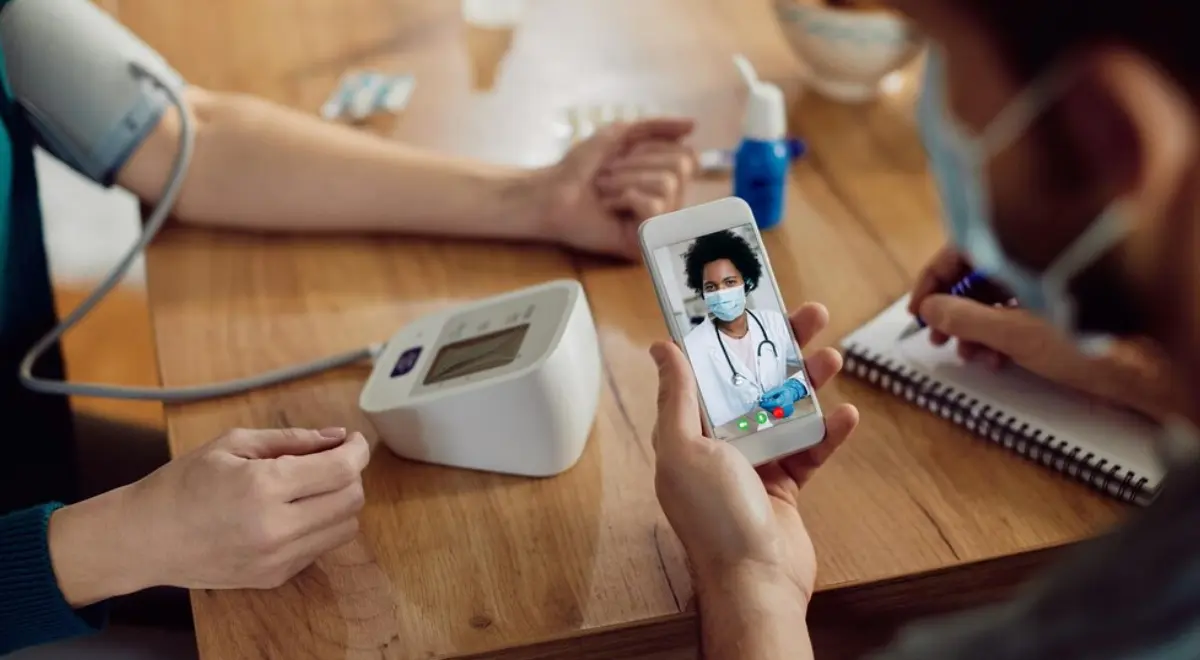AMA’s CPT Editorial Panel To Consider RPM Coding Expansion

At its CPT Editorial Panel meeting, the American Medical Association (AMA) addressed proposed modifications to Remote Patient Monitoring (RPM) coding that might completely transform reimbursement, and broaden the scope and flexibility of RPM by 2025.
Table of Contents
ToggleProposed Changes to RPM Coding
The following are key actions around RPM and RTM that AMA is considering:
- Add RPM Device Supply CPT Code
Add a remote patient monitoring device supply CPT code that covers 2-15 calendar days of data collection and transmission. The AMA proposes revising existing CPT 99454, the only current general RPM device supply CPT code, is only valid when a provider receives and records 16 or more days of patient data in a 30-day period.
The adoption of a new code would allow providers to code for 30-day periods with fewer than 16 but at least two readings are recorded.
- Revise CPT 99457 to Include 11-20 Minutes
This change would shorten the amount of time clinical staff must spend with a patient/caregiver in order to bill 99457. CPT 99457 presently requires a minimum of 20 minutes.
The revision of 99457 would reduce the amount of time required by a provider’s clinical staff to provide RPM monitoring and care management time for a patient during the month in order to report the code.
- Revise CPT 99458 To Cover Additional 10 Minutes
CPT 99458 should be revised to include each additional 10 minutes of care coordination. This would reduce the amount of time healthcare professionals need to bill for 99458. CPT 99458 now requires at least an additional 20 minutes.
- Add Multiple Remote Therapeutic Monitoring Codes
The panel is considering adding multiple remote therapeutic monitoring codes of collecting and transmitting data to cover 2-15 calendar days. This will be applicable to all the currently covered conditions- respiratory, musculoskeletal, and Cognitive Behavioral Therapy (CBT).
- Revise CPT 98980 to Include 11-20 Minutes of Service
This adjustment, like the proposed revision to the existing 99457 RPM time code, will limit the amount of time clinical staff must engage in care coordination during the month in order for 98980 to be reported. If approved, the AMA would alter CPT 98981 for 20-minute time limit.
How These Changes Could Impact Healthcare Practices?
If the panel approves new changes and Medicare and private payers follow suit, providers that expand their remote patient monitoring programs to fit the new codes will gain the most benefits for their patients and clinics, including:
- Simplifying billing for shorter monitoring periods by introducing a new code that covers data collected during two to fifteen calendar days.
- Modifying codes to encourage flexibility and provider reimbursement by reducing minimum care management times.
- Improving code allowances for care coordination to promote greater patient participation.
- It is expected that these modifications will increase program flexibility, increase coverage, and enhance patient outcomes.
If the AMA proceeds with these additions and adjustments, coverage changes will most likely not take effect until at least 2025. However, once they go into effect, it is safe to assume that Medicare will alter its coding regulations to match the AMA’s CPT modifications, as the federal agency normally follows the AMA’s coding guidelines. For more details on these changes, feel free to talk to our remote care management team at +201 885 5571.
Most recent blogs
Categories
- Advanced Primary Care Management
- Behavioral Health Integration
- Cellular Remote Patient Monitoring
- Chronic Care Management
- Chronic Care Management Billing
- Chronic Care Management CPT Codes
- Chronic Care Management Program
- Chronic Care Management Software
- Digital Health Platform
- Principal Care Management
- Principal Care Management CPT Codes
- Remote Care Programs
- Remote Monitoring Devices
- Remote Patient Care
- Remote Patient Monitoring
- Remote Patient Monitoring Billing
- Remote Patient Monitoring CPT Codes
- Remote Patient Monitoring Devices
- Remote Patient Software
- Remote Therapeutic Monitoring
- Remote Therapeutic Monitoring Billing
- Remote Therapeutic Monitoring CPT Codes
- Telemedicine & RPM
- Transitional Care Management
- Transitional Care Management Billing
- Transitional Care Management CPT Codes
Related Posts
- February 21, 2025 | Read Time: 5 mins
RPM’s Role in Identifying Early Symptoms of Chronic Conditions for Prevention
- February 14, 2025 | Read Time: 4 mins
Monitoring Post-Surgical Recovery With RPM Systems
- February 10, 2025 | Read Time: 5 mins






